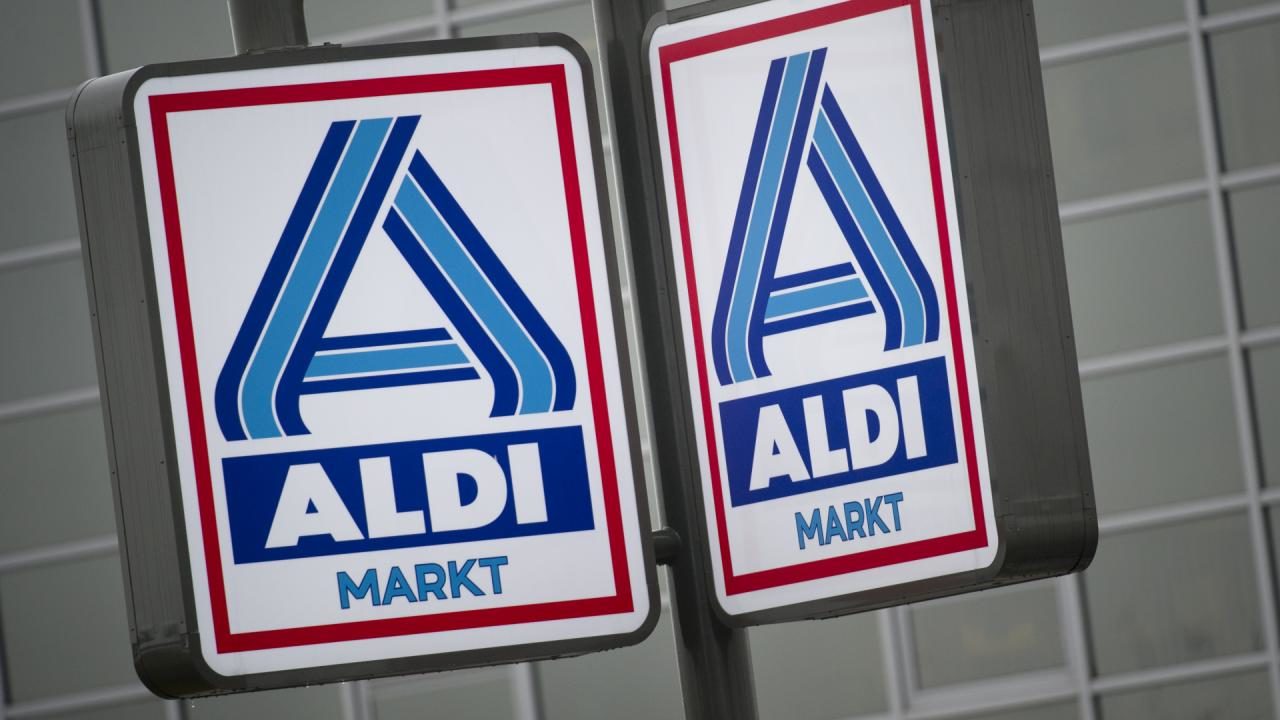

The sustainability focus in Belgium and Luxembourg is currently on reducing food waste and improving the sustainability of packaging. We provide our customers with sustainable products, while transforming our stores and distribution centres to be more energy-efficient and climate-friendly.
To reduce food waste, we have strengthened our collaboration with the Belgian foodbanks. We started freezing food surpluses, which enabled us to increase donations. With this strategy, the ALDI companies enable redistribution of food over a longer period of time to those in need. As a result of our initial EOY charity action, we donated 50,000 euros’ worth of freshly prepared meals to the Foodbanks with the help of our customers.
In 2019, the National Packaging Policy was launched for Belgium and Luxembourg with the aim of reducing and optimising the recyclability of our packaging. We strive towards 100 per cent recyclable packaging by the end of 2022 and aim to reduce the total amount of packaging materials by 10 per cent by the end of 2025. As of 2019, these goals are monitored by our newly founded sustainable packaging team. Furthermore, we have taken initiatives to reduce single use plastics such as cotton ear buds and carrier bags.
Our products make a stop at our distribution centres before being distributed to individual stores. To reduce our carbon footprint, we have retrofitted all our distribution centres with energy-efficient LED lighting and solar panels. The new centre in Turnhout meets the latest sustainable building standards, for which it has received a BREEAM outstanding certification as the most sustainable distribution centre in Belgium. In 2019, we started working with a hub for suppliers, which enables us to reduce the amount of driven kilometres saving CO2 emissions.